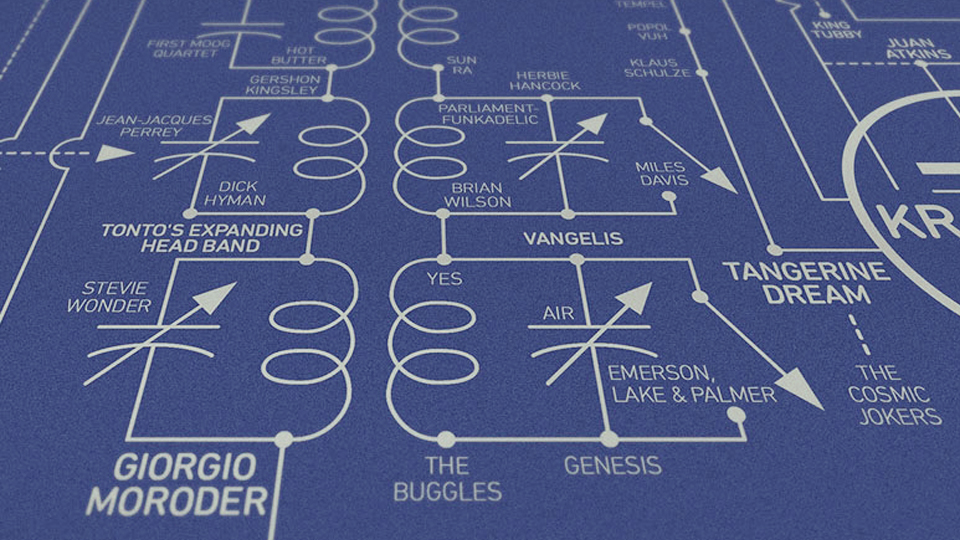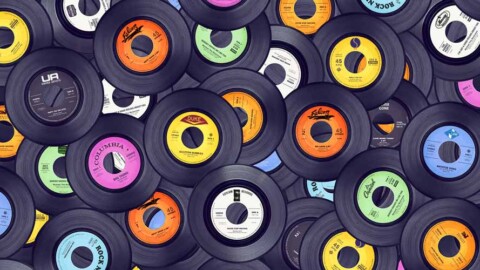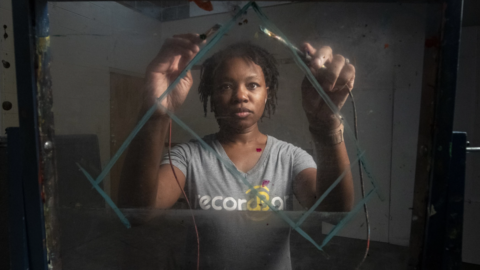As we continue to immerse ourselves in the digital age, it is essential not to forget the cultural heritage we’ve built along the way. One such legacy is the evolution and growth of electronic music, a genre that has its roots embedded in the ever-increasing sophistication of technology. This article explores the digital legacy of electronic music, the importance of safeguarding its history, how technological innovations are shaping the genre, and the role of digital archiving in preserving electronic music’s past.
The Evolution of Electronic Music: A Digital Legacy
The evolution of electronic music has been a remarkable journey, fueled by technological advancement and innovative minds. In its early days, this genre was a playground for experimental artists who pushed the boundaries of what was musically possible utilizing newly invented electronic instruments like the Theremin and the Moog synthesizer. As technology progressed, so did the complexity and diversity of electronic music.
The 1980s marked a significant turning point, with the advent of digital synthesizers and drum machines like the Roland TR-808. This epoch gave birth to sub-genres like techno, house, and trance. The 90s and 00s witnessed the rise of digital audio workstations (DAWs), which allowed for the creation of music on personal computers, leading to an explosion of bedroom producers and DJs. Today, electronic music is not just a genre but an umbrella term for a multitude of soundscapes, from ambient to dubstep and beyond.
Safeguarding Electronic Music History: A Role for Everyone
Preserving the history of electronic music is crucial, not just for nostalgic purposes but for educational and cultural reasons as well. It is a testament to human creativity and technological evolution. Safeguarding this legacy isn’t limited to preservation by historians or music experts; it is a task that falls upon everyone who appreciates the genre.
Producers, DJs, fans, and music journalists all play a part in keeping this history alive. This can be done by revisiting classic tracks, sharing stories about influential artists, preserving physical and digital releases, and educating the new generation about the roots and evolution of the genre. Institutions and music platforms also have a significant role in archiving and showcasing the history of electronic music.
How Tech Innovations are Shaping Electronic Music
Technology and electronic music have always had a symbiotic relationship, with progress in one spurring evolution in the other. Recent tech innovations continue to shape the landscape of electronic music. Virtual Reality (VR) and Augmented Reality (AR) offer immersive experiences that enhance music performances. AI-powered music software can generate new compositions, opening up a world of possibilities for producers.
Blockchain technology holds the potential to revolutionize music distribution and copyright management, giving artists more control over their work. Additionally, social media platforms and music streaming services have democratized the distribution of music, making it accessible to a wider audience. These advancements not only influence the creation and consumption of electronic music but also contribute to its ever-evolving narrative.
Digital Archiving: Preserving the Past of Electronic Music
In the digital age, preserving the history of electronic music doesn’t just mean holding onto physical artifacts like vinyl records or old synthesizers. It also involves digital archiving – the practice of preserving electronic music in a digital format. This could range from digitizing old tracks and albums to creating online repositories of electronic music history.
Such digital archives serve as invaluable resources for producers, DJs, fans, and scholars, providing access to a rich history of electronic music at their fingertips. Notable initiatives in this area include the Internet Archive’s Audio Archive, the British Library’s electronic music collections, and the online archives of influential electronic music magazines like The Wire. These digital archives not only help safeguard the legacy of electronic music but also ensure its accessibility for generations to come.
As we navigate through the digital era’s fast-paced currents, it is crucial to remember and safeguard our cultural legacies, such as the rich and diverse history of electronic music. By appreciating its past, supporting technological innovations that shape its future, and championing digital archiving, we ensure that the beats, melodies, and rhythms that have defined electronic music will continue to inspire and evolve for generations to come. Although it is a task that involves everyone, from fans to professionals, the payoff is a preserved and accessible history that will continue to drive the evolution of this dynamic genre.













